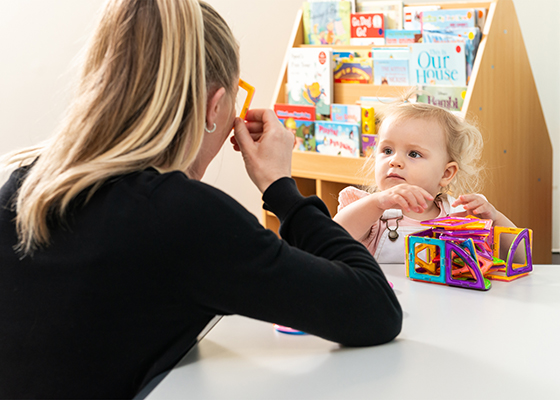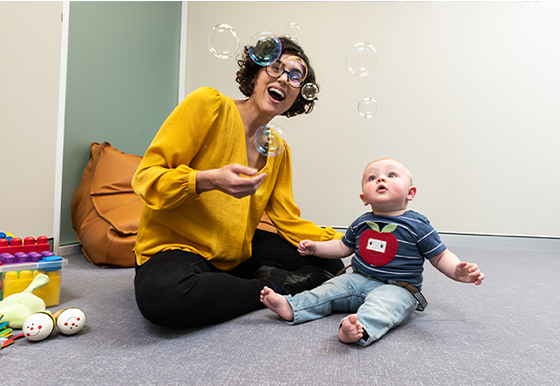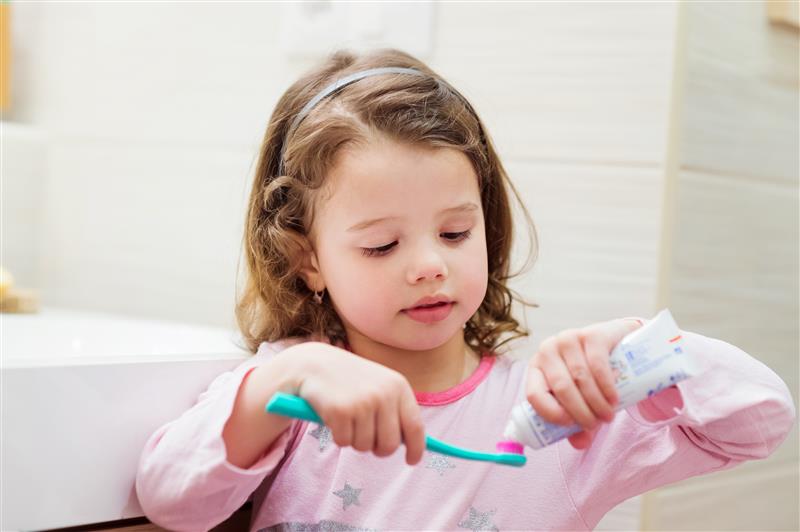Search
Research
Poverty, Parental Mental Health and Child/Adolescent Mental Disorders: Findings from a National Australian SurveyThe purpose of this study is to examine the association between poverty and child mental disorders
Research
Validity of the Middle Years Development Instrument for Population Monitoring of Student Wellbeing in Australian School ChildrenThis paper reports on a five-year project to measure student wellbeing across an education system using the Middle Years Development Instrument
Research
Hypoglycaemia, cardiovascular disease, and mortality in diabetes: epidemiology, pathogenesis, and managementStudy findings have suggested that hypoglycaemia is associated with an increased risk of cardiovascular events and mortality
Research
Developmental vulnerabilities in children of chronically ill parents: A population-based linked data studyMaternal chronic illness is associated with an increased risk of poor developmental outcomes for children, particularly daughters

News & Events
Visit from On Track Watch Community Researchers helps build a pathway of looking at two different culturesFor Aboriginal Community Researchers Minitja Marawili and Yunutju Gondarra, the work of the END RHD CRE is deeply personal.

Rheumatic heart disease (RHD) is a preventable,devastating condition that disproportionately affects Aboriginal and Torres Strait Islander Australians.

News & Events
Laqueisha's story: living with RHDLaqueisha was just five years old when she was diagnosed with rheumatic heart disease and sent on a 5,000km return trip to Perth for major heart surgery.

News & Events
Five tips to help autistic kids communicateSpeech Pathologist and Research Development Manager Sarah Pillar shares her strategies for supporting autistic children to communicate.

News & Events
Let's play!This is the start of our CliniKids blog series about play. In this blog, Speech Pathology Clinical Lead Aria May, explains why play is so important for autistic children.

News & Events
Increasing independence in daily living tasksIn this blog, Occupational Therapy Clinical Lead Marie Rodatz shares top tips for developing independence with daily living skills —bathing or showering, washing hands, brushing teeth and dressing — in children.
